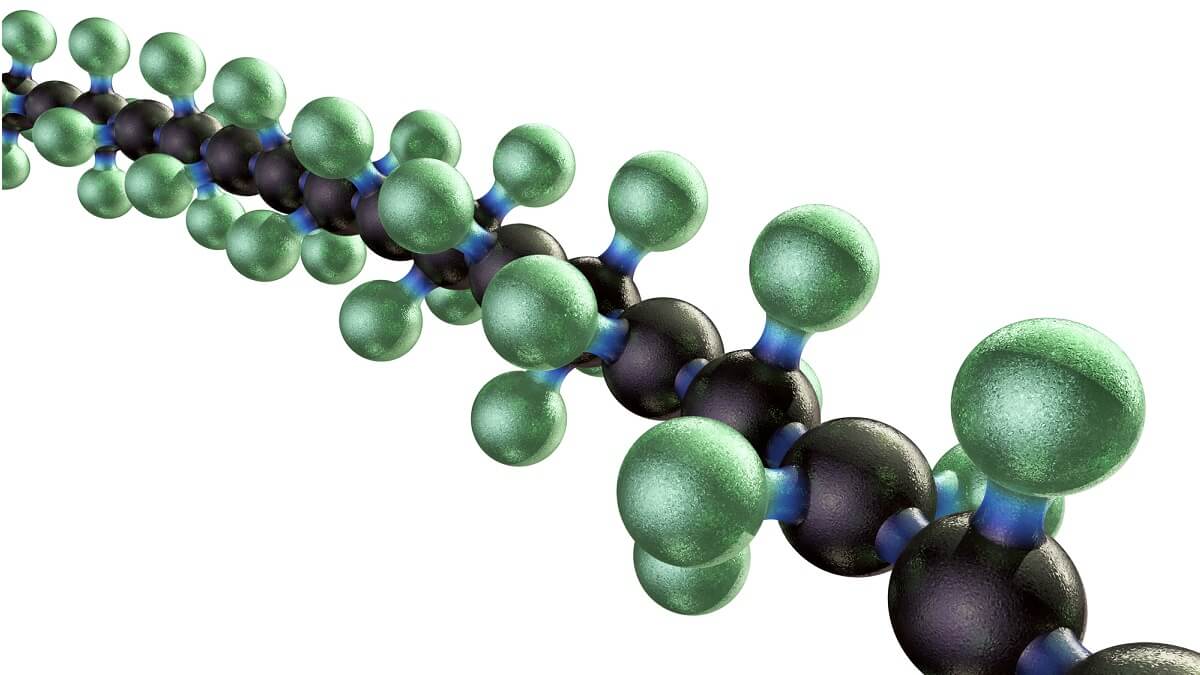Using the Power of Polymers: Comprehending the Comprehensive Usages and Favorable Impacts
Polymers, with their diverse chemical structures and buildings, have ended up being crucial in various industries, changing the way we communicate with products on a day-to-day basis. As we explore the comprehensive usages of polymers and their duty in shaping a more sustainable, effective, and cutting-edge future, it becomes obvious that their possibility is as substantial as the molecules themselves.
Flexibility in Everyday Products
One of the most usual uses of polymers is in product packaging products. In addition, polymers play an important function in the auto industry, where they are utilized in manufacturing lightweight components that boost fuel performance.
Moreover, polymers have actually found their means right into the healthcare market, with applications varying from clinical devices to drug delivery systems. For instance, eco-friendly polymers are utilized in sutures and implants, reducing the threat of unfavorable responses in individuals (Polymers). In the building sector, polymers are integrated right into paints, adhesives, and insulation products, boosting longevity and energy performance. In general, the convenience of polymers in daily products highlights their importance in driving development and enhancing lifestyle.
Sustainability in Product Innovations
With the continuous focus on environmental consciousness and source performance, the focus shifts in the direction of sustainability in material innovations, showing an expanding dedication to liable manufacturing practices across different sectors. In current years, there has been a noteworthy surge in the advancement of sustainable products, particularly within the realm of polymers. These ingenious products are created to decrease ecological influence throughout their whole lifecycle-- from sourcing resources to disposal or recycling.
One significant aspect of sustainability in product technologies is the concept of biodegradability. Biodegradable polymers have amassed attention for their capability to break down naturally into non-toxic results, reducing waste and pollution. In addition, using recycled polymers stemmed from post-consumer or post-industrial resources is getting grip as a way of promoting a circular economic situation and go to these guys reducing dependence on virgin products.

Enhancing Performance in Engineering
Enhancing performance in design calls for a thorough assimilation of sophisticated innovations and accurate approaches to optimize functionality and performance in numerous commercial applications. Polymers play a vital function in this endeavor, offering a wide variety of benefits that enhance the efficiency of engineering products and parts.
One secret aspect of boosting efficiency in engineering is the ability of polymers to boost longevity and stamina. By incorporating polymers right into engineering designs, suppliers can produce lightweight yet durable structures that can hold up against high degrees of stress and pressure. This characteristic is specifically important in sectors such as aerospace, auto, and building and construction, where the demand for solid yet lightweight products is vital.
Furthermore, polymers can additionally see this enhance efficiency by providing thermal and chemical resistance, lowering friction, and boosting electrical conductivity. These properties make polymers optimal for a wide variety of design applications, including seals, bearings, layers, and electronic parts. Polymers. By utilizing the one-of-a-kind residential or commercial properties of polymers, designers can maximize the performance of their styles and develop more reliable and dependable products
Effect On Medical Innovations
Polymers have played an important function in contemporary medical developments, ranging from drug delivery systems to cells design. One of the vital locations where polymers have made a considerable impact is in the development of biodegradable stitches and implants.
In addition, polymer-based products are progressively being used in medical devices such as catheters, stents, and prosthetics due to their biocompatibility and adaptability. For circumstances, polymer finishings on clinical tools can protect against infections and enhance general patient outcomes. In addition, improvements in nanomedicine have enabled making use of polymer nanoparticles for targeted medicine shipment, enhancing the efficiency and minimizing side effects of numerous medicines
Role in Environmental Preservation

Moreover, polymers are made use of in water therapy processes, helping in the filtration and recycling of water resources. This assists in decreasing water air pollution and ensuring access to clean water for both human intake and environmental wellness. Polymers also contribute in farming via the advancement of naturally degradable composts and controlled-release plant foods, advertising sustainable farming more methods.
Final Thought
In verdict, polymers have confirmed to be a flexible and crucial material in different sectors, from everyday items to design and clinical improvements. Recognizing the extensive usages of polymers emphasizes their value in driving development and development in several fields.